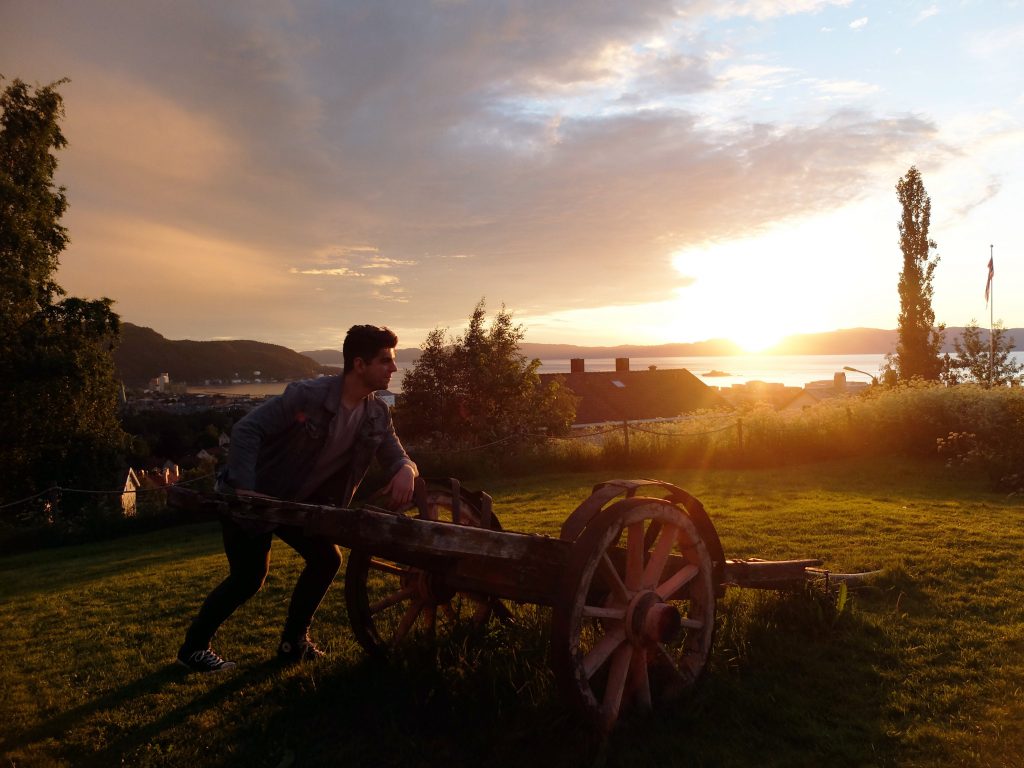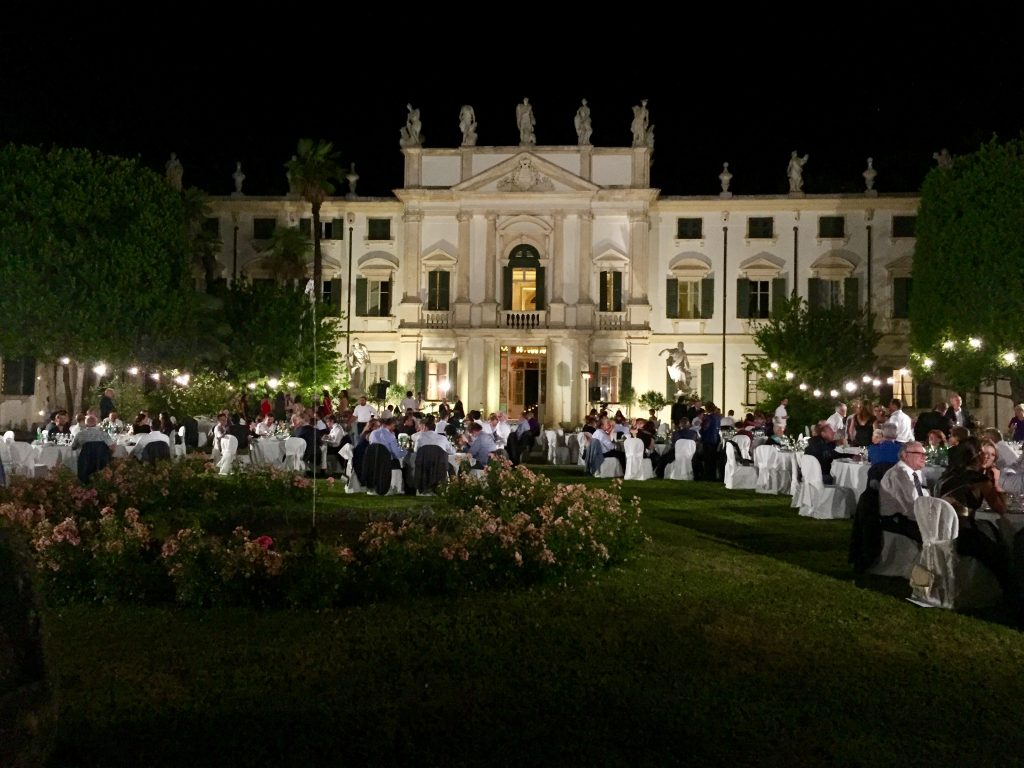IFM is leading a new project to lighten electric bus bodies, supported by the Advanced Manufacturing Growth Centre.
 Australian bus manufacturer and IFM industry partner Volgren is a partner in the new project, led by Dr Thomas Dorin, to investigate how scandium could help lighten electric bus bodies. The other partner is Clean Teq, which mines scandium in Australia.
Australian bus manufacturer and IFM industry partner Volgren is a partner in the new project, led by Dr Thomas Dorin, to investigate how scandium could help lighten electric bus bodies. The other partner is Clean Teq, which mines scandium in Australia.
The Bus Optimisation Project is said to provide, “an opportunity to incorporate the latest thinking in metallurgical engineering with future bus design and advanced manufacturing techniques.”
Peter Dale, CEO of Volgren, said as the global market for electric buses expands significantly, a lighter bus body will be a game changer, improving both range and capacity.
Mr Dale said the Bus Optimisation Project was initiated after Volgren approached Deakin with the challenge of removing up to a tonne of weight from their popular low-floor city bus, Optimus. This, they knew, would be a difficult task considering Volgren already boasts the lightest aluminium bus body of its type in Australia – and arguably the world.
“Deakin’s extensive capabilities in design, forming and metal alloy development have placed them at the forefront of metallurgical engineering.”.
“Their researchers have already had success incorporating scandium into the aeronautic sector and we believe that expertise can form the foundation of the next generation of Volgren aluminium bus designs,” said Peter Dale.
The partnership between Volgren and Deakin also includes a PhD scholarship, to ensure that the research remains grounded in industry application. Read more
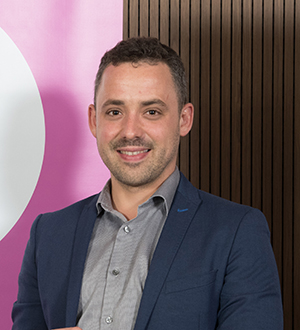
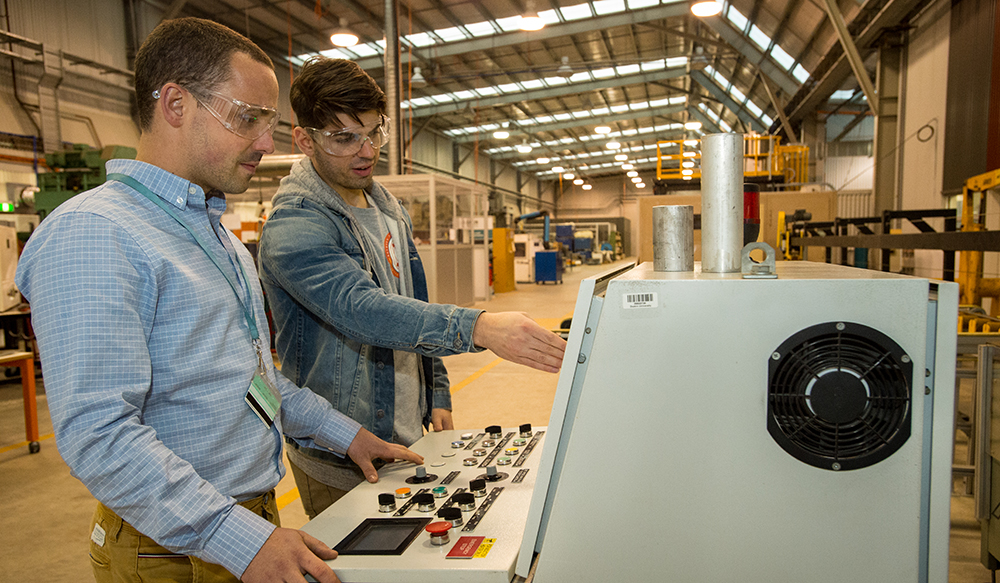
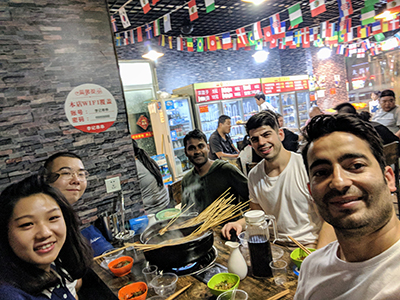
 This work explores the effect of molybdenum alloying on the microstructural evolution of high-strength low-alloy strip-cast steel, which is a near-net-shape casting technology that produces thin strip material directly from the liquid metal, avoiding slab casting and hot rolling steps of conventional casting and thereby offering significant cost and energy savings. The work was part of Lu (Daniel’s) PhD research.
This work explores the effect of molybdenum alloying on the microstructural evolution of high-strength low-alloy strip-cast steel, which is a near-net-shape casting technology that produces thin strip material directly from the liquid metal, avoiding slab casting and hot rolling steps of conventional casting and thereby offering significant cost and energy savings. The work was part of Lu (Daniel’s) PhD research.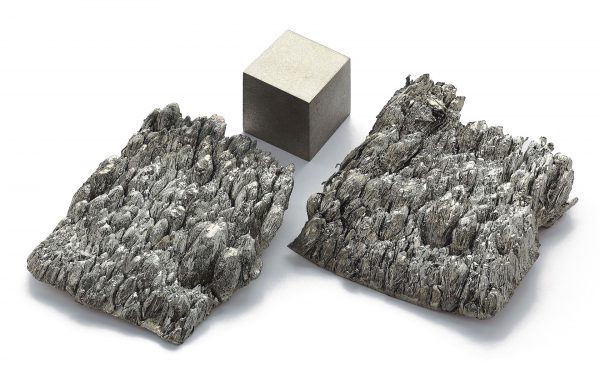 The article, talks about the research with CleanTeq and Universal Alloy Corporation and the potential for small amounts of scandium to have a major impact on the properties of aluminium alloys.
The article, talks about the research with CleanTeq and Universal Alloy Corporation and the potential for small amounts of scandium to have a major impact on the properties of aluminium alloys. 
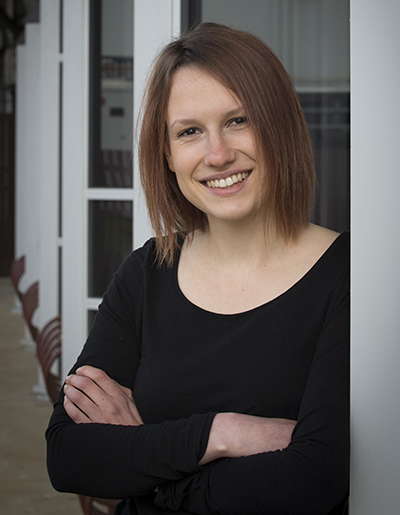 Congratulations to IFM student, Katrin Mester who has received an AINSE postgraduate research award.
Congratulations to IFM student, Katrin Mester who has received an AINSE postgraduate research award. 